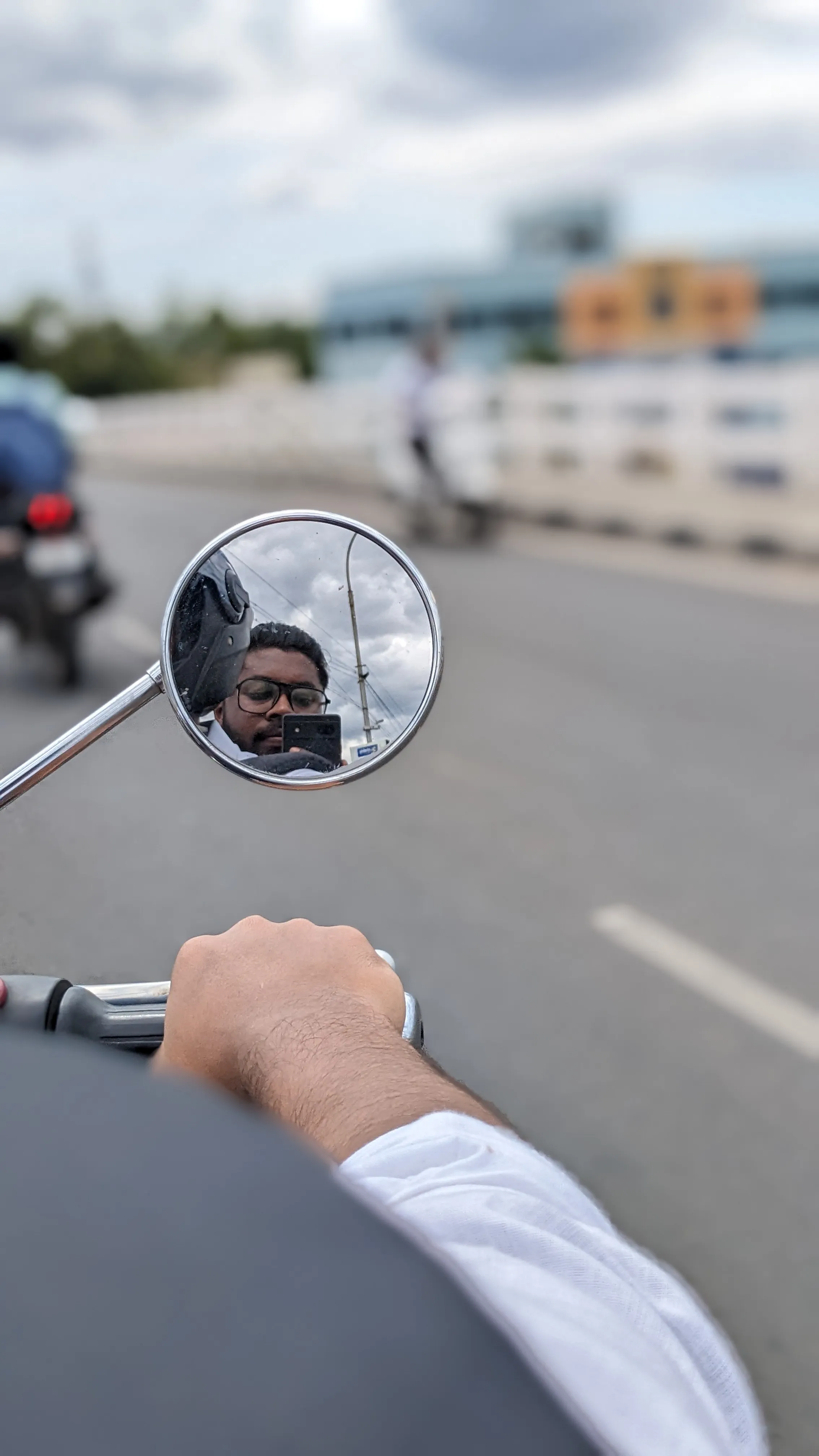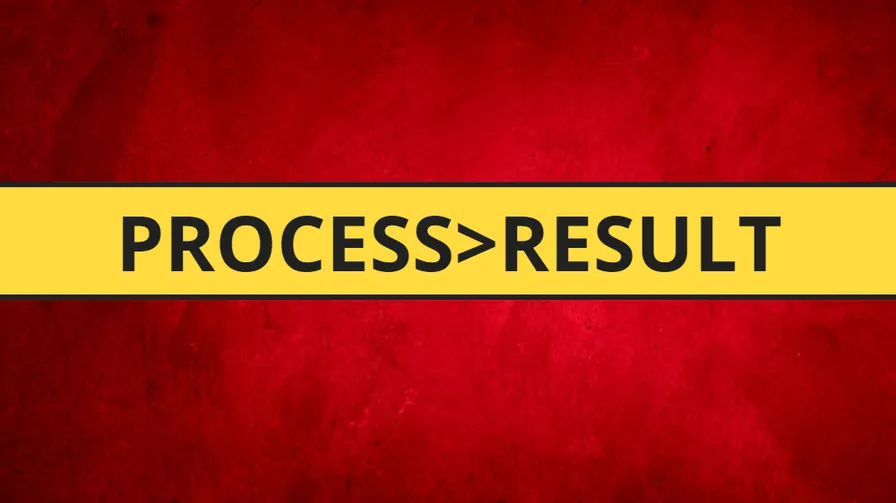Tandoori? I'll take a full serving. Biriyani? Do you offer a 1000ml combo? Fish fries? I can eat half a kilogram. Veggies? Never mind, just give me a full plate. Yes, that's me. I love eating and I don't discriminate between food types. Whether it's vegetarian or non-vegetarian, I enjoy both.
I was never interested in the process of cooking; I only enjoyed the end result. This continued until I moved to Chennai.
I was looking for a job and I found one, so I moved into a rental room with my colleagues.
In 2019, my salary was 7,500 and I had to live with that. I ate good food at restaurants every day and as a result, I went bankrupt in 10 days. That’s when I decided to start to cooking. I was sharing a living space with a senior colleague who earned a substantial salary and had no interest in cooking - he preferred dining out. Despite having all the necessary kitchen equipment, like cutlery and a stove, we never cooked at home. Determined to save money, I decided to start cooking for myself.
Indian aunties on YouTube are the best teachers you will ever find for cooking.
-Araivnd
I began by cleaning the dishes and tidying up the kitchen. Then, I went to the market to purchase all the necessary ingredients to start cooking. Initially, I prepared simple dishes like tomato rice, lemon rice, and curd rice. In the beginning, it was quite challenging, especially in Chennai where cooking feels like being in an oven.
"Cooking is an intricate dance of flavors, a relentless pursuit of perfection, and a demanding art that tests one's patience and skill at every turn.”
-ChatGPT
This went on for a years now I have learned some handful dishes and last month I realised that the process of cooking had an impact on my life.
The process
The cooking process begins as soon as you have the idea to cook. Personally, I enjoy cooking chicken and often include ingredients such as potatoes, brinjal, or drumstick. The choice of ingredients depends on the day and my preferences. For example, sometimes I feel like adding potatoes to the dish. In such cases, I go to the market to purchase spices, chicken, potatoes, ginger, garlic, and curry leaves. The specific ingredients vary depending on the desired taste. Our minds suggest the items we need to buy in order to achieve the desired flavor of the dish.
Secondly, how would you like your veggies? Potatoes or baby potatoes? What size of chicken pieces would you prefer? Do you want red chilies or green chilies? Experimenting with the selection of spices can enhance your culinary experience. The more you practice, the better you become at making the right choices.
When you come home, take out the things you brought and clean them. Then, slice, dice, grate, or chop them as needed. This whole process personally helps me take my mind off things when I am feeling depressed, tired, or even sick. Sometime, I make something for myself to get of my mind.
Attention
When everything is ready, cooking requires attention from the moment you turn on the stove. Pay attention to how much oil you pour, the pan you choose to cook with, and the spices you want to add. This not only improved my memory but also turns into a routine that becomes a practice. In the past, I used to go to the market and often forget something. I used to forget to add ginger-garlic before adding chicken.
There is no backspace in cooking, so you need to be careful and mindful. So when you cook often, it can help you in more than one way. It turns out that I enjoy the process more than the result.
“Cooking demands attention, patience, and above all, a respect for the gifts of the earth. It is a form of worship, a way of giving thanks.”
– Judith B. Jones
Conclusion
Well, the result is that I gained some weight, but the process helped me a lot. Thus, Process>Result















